Pillars of Eternity surprised me, but not in the ways I expected. I’ve always had a soft spot for Obsidian because their games are exactly how I would expect mine to be if I ever made one: an amazing story stuck in a lair of bugs. So I was surprised when Pillars of Eternity ended up having very little bugs, at least in my experience with the game. I was also surprised to find that the story was… okay. By average video game standards it’s a good story, but from the people who gave us Knights of the Old Republic 2 and Fallout New Vegas, it’s probably one of their least interesting stories.
Don’t get me wrong there is some absolutely amazing writing in this game, I mean god damn spectacular writing.
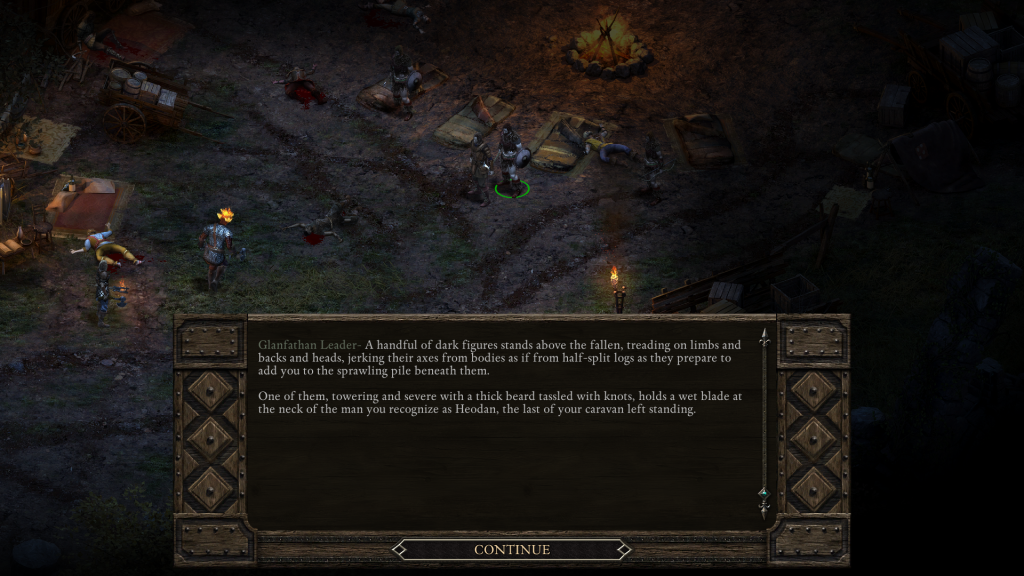
There were moments in this game that brought me close to tearing up and yet… I never felt truly engaged in the main storyline.
Pillars of Eternity came out two days before I began my new job as a transcriber, and I couldn’t finish the game in that short period of time. Yet when I started my new job I felt no desire to stay up late and play Pillars when I got home. At first I thought maybe I was just becoming a responsible adult, a truly horrifying possibility. But then I binged on watching Netflix’s Daredevil (review coming soon!) and stayed up till 3am on a Sunday to see how the first season concluded. So clearly I was still willing to screw my future self over for the sake of good storytelling.
The simple fact of the matter is that the Pillars of Eternity main storyline just never grabbed me. I feel bad that this is going to be mostly a negative review because I absolutely love the ambition on display here. Obsidian shot for the moon on this one and it just…didn’t quite get there.
All That Matters is the Ending:
Pillars of Eternity
Pillars takes place in an entirely original fantasy world, and though the combat rules are pretty much just Dungeons and Dragons, the world itself is as alien as it gets.They very clearly spent a lot of time and effort on making sure their world felt lived in, and it has a history that goes back thousands of years. You could point to any location on Eora and there would be a fascinating story to be told.
For me I ended up wanting to be a sailor in this world, because the oceans of Pillars would be an amazing setting for an HP Lovecraft style horror game. In one of the many books you can read, there’s a description of Krakens the size of islands, great spiked whales that ram ships, and strange humanoid sea-creatures with hair of seaweed and great unhinged jaws like snakes that invade ships in the black of night. I really hope Obsidian does a sequel for the game because this world is absolutely magnificent, it really is.
And yet…
The sheer amount of information that needs to be conveyed means you get tons of exposition dumped on you a lot. For instance you’ll hear the story of Saint Waidwen and the Saint’s War a dozen times from various people. The first couple of times you’ll appreciate it because the history of this troubled land is incredibly complex, but after you’re halfway through the game and you’ve had it explained to you a dozen different ways you’ll end up wishing there was “shut up! I already know!” dialogue option.
Then there’s the backstory you’ll need to know about the War of Black Trees and War of Broken Stones that lead to the current situation in Dyrwood. Oh and you’ll need to know about Waidwen’s Legacy, which means you’ll need to know about Animancy, which means you need to know about how Souls work in this world, which means you need to know about the Glanfathan’s…
They basically needed to give you a history book to read before playing the game.
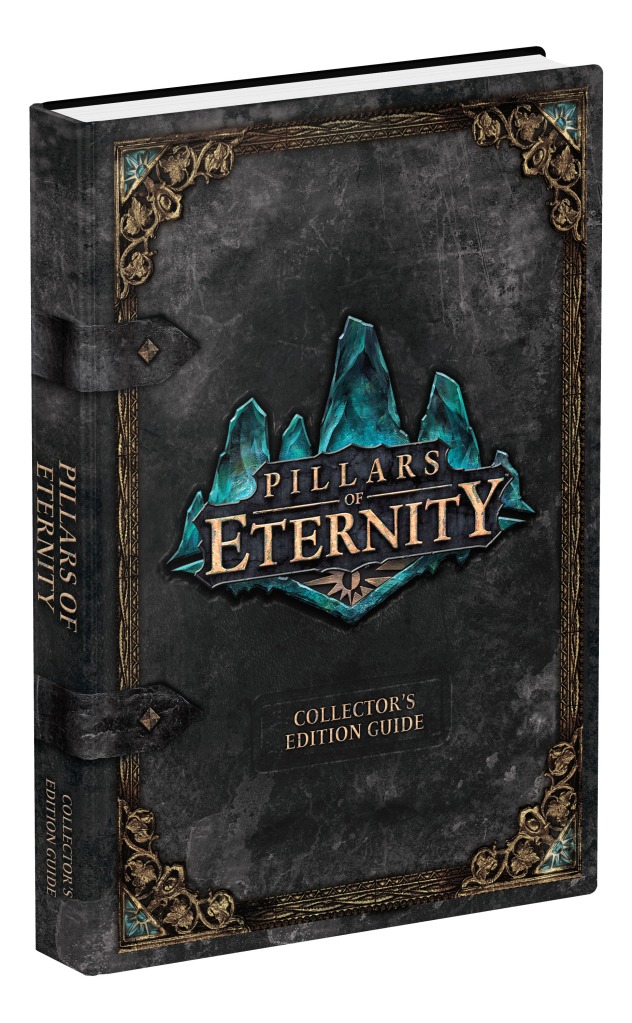
I hate that their huge epic world ultimately becomes a negative to the overall story, but it is. There’s simply so much information you need to know in order to even understand what’s happening in the story that at some point you simply stop caring. Exploring and learning about new, strange worlds is half the fun of these kinds of games. Yet when you’re forced to refer back to your glossary just to understand the context of a conversation you just had, it’s no longer fun. In many ways I think they should have limited the scope of their story, because while the story is confined to a single country on their huge world map, it’s a larger than life adventure that drags you into a huge history-spanning conspiracy.
What they should have done instead is make their story a character driven human drama, because that’s where the writing really shines. When I was learning about the various gods and the political machinations of Defiance Bay I was left utterly disinterested. When I found a the body of a small murdered boy and experienced his final moments I nearly cried.
When Lady Webb was trying to explain the political infighting between the Crucible Knights and the Dozens, I couldn’t have cared less. But when she told me about her love affair with Thaos, I was fascinated.
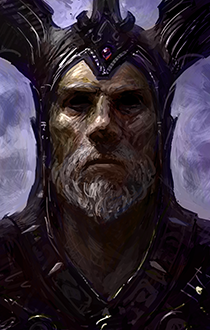
Which is why the ending really doesn’t work for me. For one, it was my relationship with Thaos that was the most fascinating part of the game for me. In the flashbacks that occur throughout the story, you relive your past life as a follower of Thaos; watching yourself go from an unknown acolyte to his right-hand man. I had actually grown to like Thaos character, especially after learning about his love for Lady Webb. He was very human character, despite having lived thousands of years.
Yet at the end there was no real sense of resolution to this character arc. Instead we get one of the dumbest and most pointless plots ever conceived.
In the end you meet a woman named Iovara, who you’ve seen tortured to death in a former life. When you meet her she’s entombed by the gods for heresy and she tells you that the gods aren’t real…
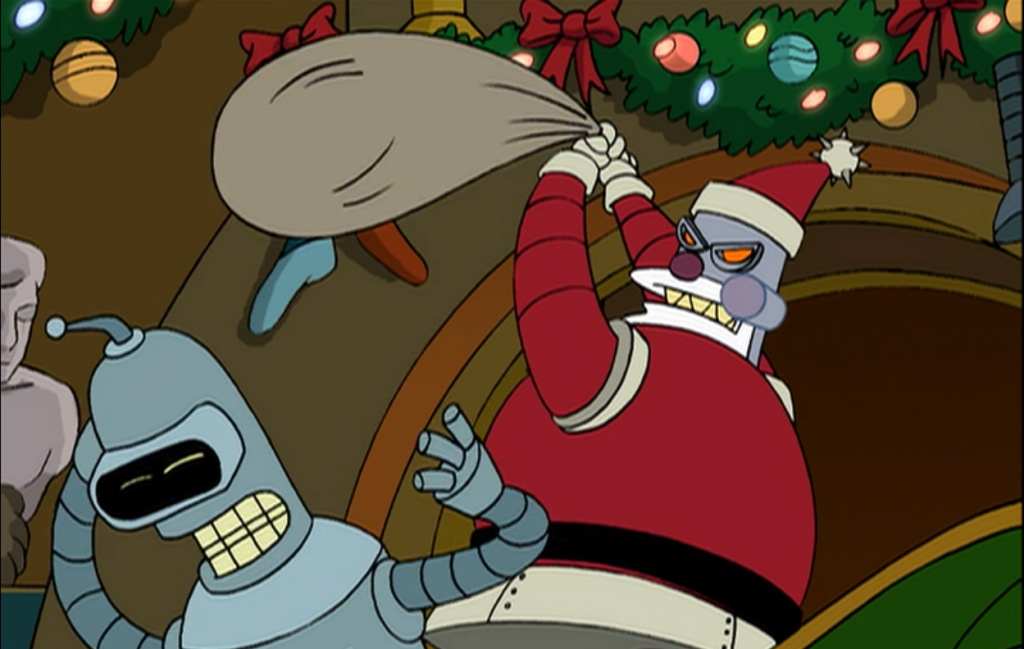
Yes, after riding a magic carpet of souls made by the gods themselves, a ghost who has literally been damned by the gods tells you that the gods aren’t real. I’m sorry, I thought I was playing a well written Obsidian game Iovara, I seem to have made a wrong turn. Can you point me back to the real story?
The gods in Pillars of Eternity are gods by every human definition of the word! They make themselves known to the world, speak directly with certain people and grant magical powers to their followers. These aren’t like the gods of our world, where they’re so ephemeral and distant their very existence is doubted. If the Christian God sent down a Jesus with a head made of blazing golden light, my first instinct isn’t going to claim his god isn’t real.
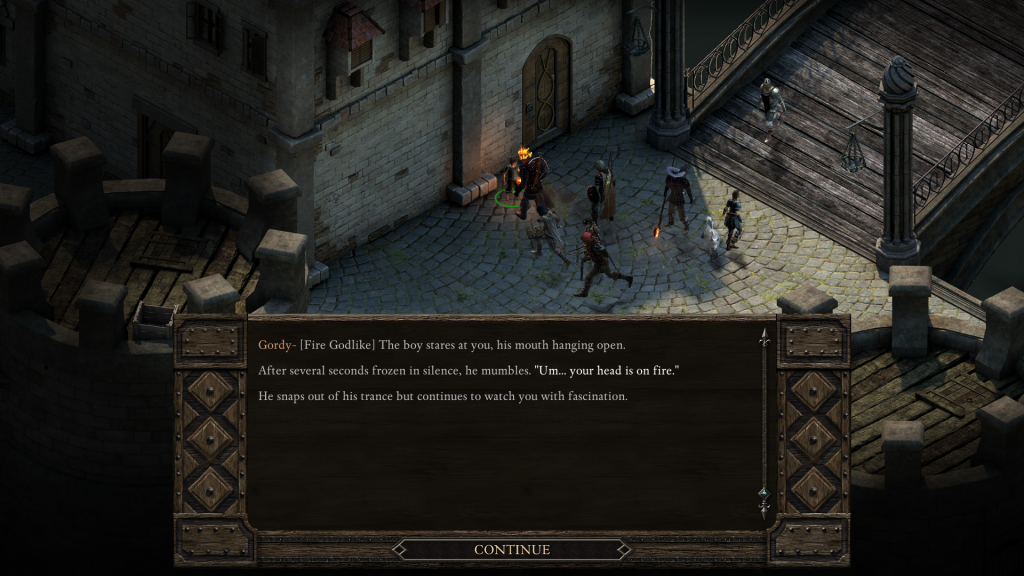
Morrowind had a similar storyline but here’s why Morrowind’s story works: Morrowind let us peak behind the curtain. We got an opportunity to see Vivec and learn that he is not an all powerful god, but simply a man who was given god like powers through several powerful magical artifacts. And even before you meet Vivec, if you visit the ruins around Red Mountain, you can find writings and artifacts that prove the same point.
When I finally met the gods of Pillars of Eternity, they were exactly like I would expect a god to be: beings living on a different plane of existence. I got no impression from those meetings that these gods were anything than what they appeared to be.
This is made worse by the fact that Iovara doesn’t actually tell you what made her reach the conclusion that the gods weren’t real. She literally just says “I saw things and heard things that proved the gods weren’t real.” The entire argument basically boils down this:
Iovara: “The gods aren’t real!”
Thaos: “Are too!”
Iovara: “Are not!”
Thaos: “Are too!”
Iovara: “Nuh-uh!”
It’s like every internet argument atheists and theists get into on Facebook. Only this time the theists have some pretty damn compelling evidence on their side.

And with all this overwhelming evidence of the gods existence, Thaos’ mission suddenly looks really, really stupid. Was all this death and destruction really necessary to make people believe? First of all I didn’t meet a single character in the game who didn’t believe in the gods, so it didn’t seem like this was a huge issue that needed an organization like the Leaden Key to prevent. In the flashbacks its made clear that Iovara eventually gathered a significant number of followers, but since we never learn what evidence she had, this seems more like a simple plot contrivance than anything.
Worst of all though, when you fight your way to Thaos, the game completely destroys any sympathy you might have had for him.
Thaos was a good villain for most of the game, especially once you uncover his love affair. An immortal man who has lived countless lifetimes but is still vulnerable to the feelings of love. His reluctance to kill his love, and the relative kindness with which he does it when his hand is forced, really made him a human being again after revealing his immortal background.
And of course that’s all utterly destroyed by his closing monologue:
“When the plague came to [a city I can’t remember now] I made sure the cure didn’t. They stacked their dead outside until the piles were as high as the walls themselves.”
Great…and that accomplished what exactly?
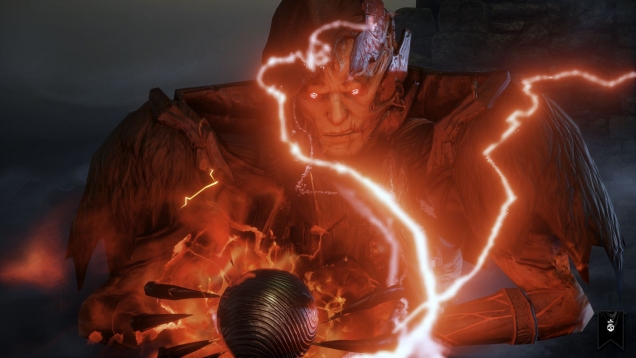
Thaos, up until this point, had been portrayed as a man who was willing to do what was necessary. He would kill and destroy anything to obtain his goal, but only if it were necessary. That and his love for Lady Webb were what made Thaos an interesting villain, he had motivations for what he was doing. Then here at the end of the game he throws both of the things that made him interesting away. First by joyfully telling you about the millions he’s killed, and then by telling you he was just using Lady Webb.
I mean maybe he was just feigning indifference for intimidating value, but it would have been nice if I could have pressed him on the subject. Something.
And then there was my relationship with Thaos. As strange as it sounds I’d come to think of Thaos as a friend by the end of my journey, I really had. He was so well written, and the amazing choices they offer in your flashback options allow you to roleplay your prior relationship anyway you choose, and I’d chosen to see him as a mentor in my past life. Like Lady Webb and Iovara both tell you, he is a master manipulator. And I hope to god whoever wrote his dialogue doesn’t become a political speech writer, because I might just believe every word he writes.
But at the end, when I relive the final moments of my former life, and have our final conversation… I’m forced to ask him whether the gods were real. Despite the fact that neither my current or former characters would have asked that.
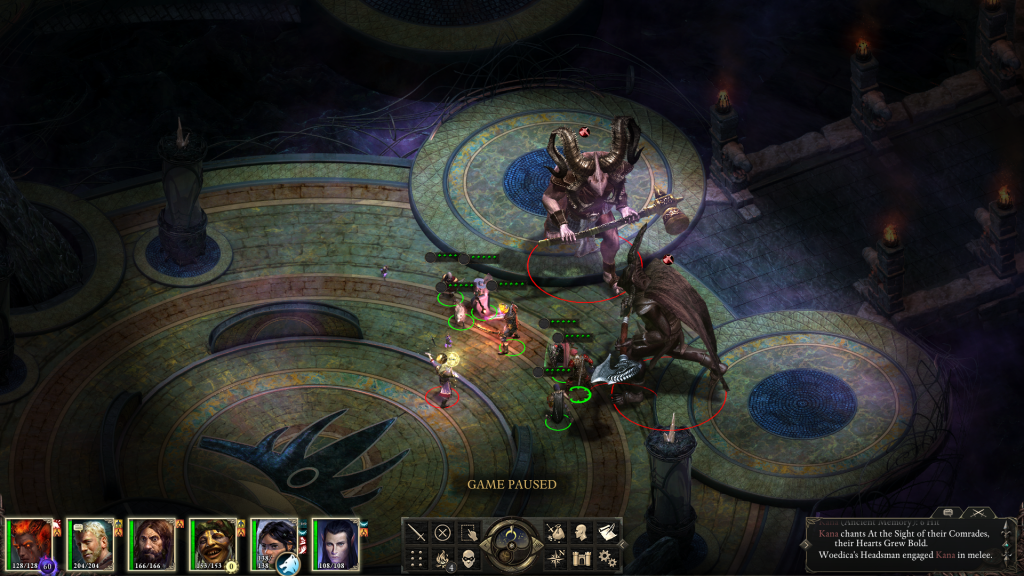
Whether or not I believed in the gods was irrelevant to me. I wanted to know what Thaos thought of my character, to have a satisfactory and emotionally fulfilling resolution to our respective character arcs. Yet in the end I felt like this whole relationship that had been built through the excellent writing, was left hanging in favor of resolving a plot point I didn’t care about.
One of my best memories in gaming is of the relationship between Kain and Raziel in the Legacy of Kain series. They start out as a bitter enemies, and I hated Kain so fucking much. He was twisted, sadistic bastard I wanted to see dead. But then throughout the series you learn the truth, that they were friends that had been manipulated into fighting by forces they didn’t understand.

That was the kind of resolution I was hoping for from Thaos, not specifically that we’d been friends…just the satisfaction of seeing whatever our relationship reach its conclusion. Did he betray me? Did he hate me? Was he regretful of how he used me?
According to him, he didn’t even care. Which would have been fine had I been allowed to respond to that in some way, but he pretty much immediately launches into trying to kill you. When he died I thought, maybe now I can interact with his soul and see the truth about how he felt about me, but instead it just reinforces the same tired plot point: the gods aren’t real.
And the evidence we see is that these giant Glenfathan machines extracted souls from people and somehow coalesced them into gods. That’s it, that’s the big secret he’s been trying to hide all these millenia. That still seems pretty godlike to me.
If the ending had been framed as “the gods were created by an act of pure evil and we should stop following them,” then yeah I could have hopped on board with that. Or if it had been “clearly the gods are fucking up our lives more than they’re helping, we should get rid of them” then I could have worked with that. But the gods don’t exist? Yeah that’s not something the setting lends itself to.
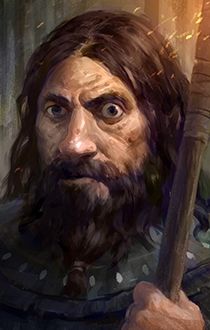
I thought at the end of the story we’d find out what the Pillars of Eternity really were, and why they channeled souls. But it never is. In fact the titular Pillars of Eternity have absolutely nothing to do with the game’s story at all as far I could tell. Even the nature of souls, the core of the game’s story, are left infuriatingly ambiguous. How exactly were the gods created using these souls? Did the souls themselves become the gods? Or was their power used to grant a single being god like powers? And how was collecting all of the souls in Dyrwood going to bring back the Queen?
I know this is a fine line to walk. Explain too much about souls and the pillars and suddenly we’re back talking to the AI God and Architect, but explain too little as is done here and you have a story that ultimately goes no where and means nothing. Maybe a few months ago I would have been content with having no answers at all for fear of having a Catalyst moment, but then I played Planescape Torment and now I know that you can reveal enough of a mystery to be satisfying while still sparking the reader’s imagination.
Of course all this said, it’s still a good game. It’s far better than Dragon Age Inquisition in that it’s writing is top notch and it doesn’t waste 100 hours of your time to figure out the plot is worthless. So pick it up if you have the money, because I’d definitely like to see a sequel set in the same world. That’s for sure.
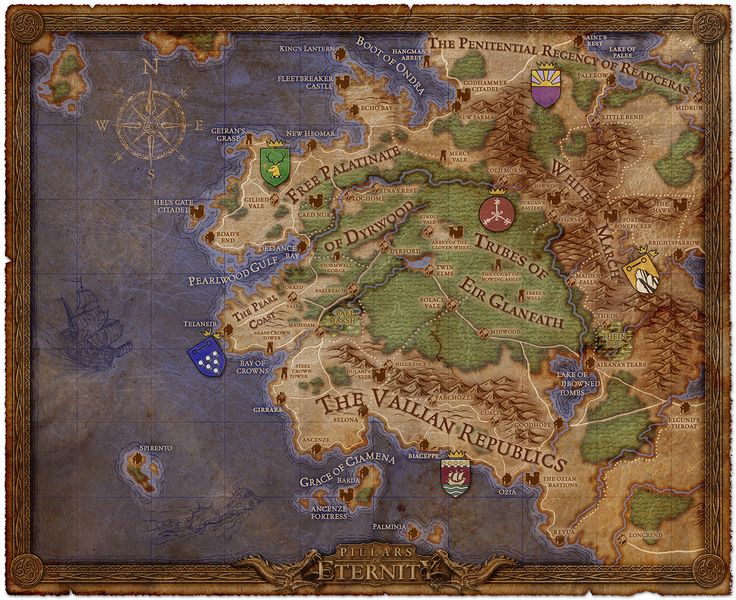
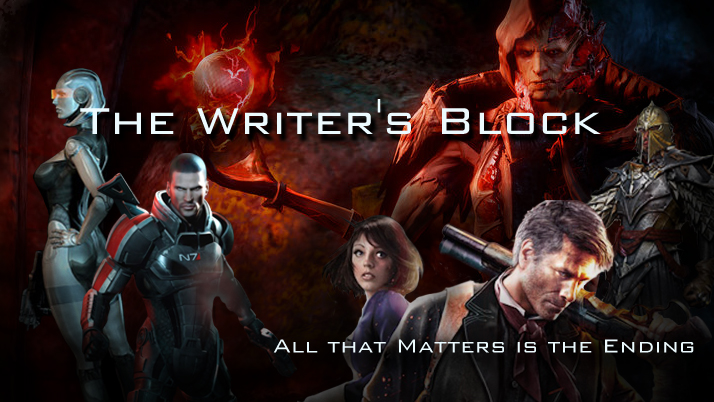
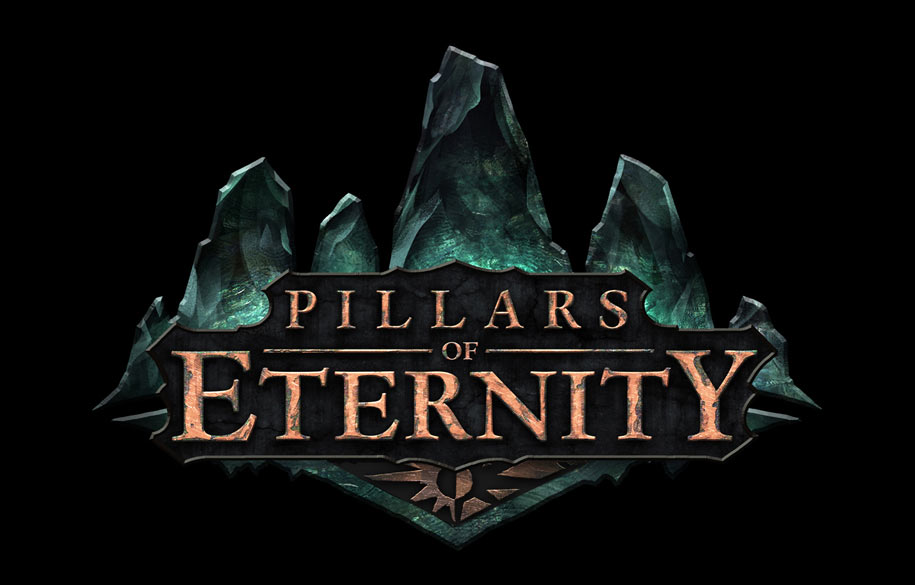
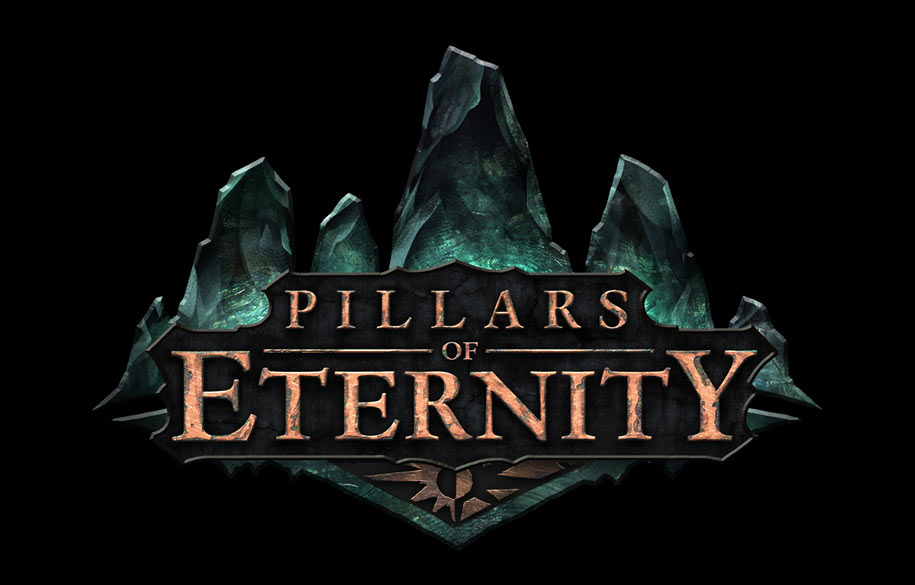

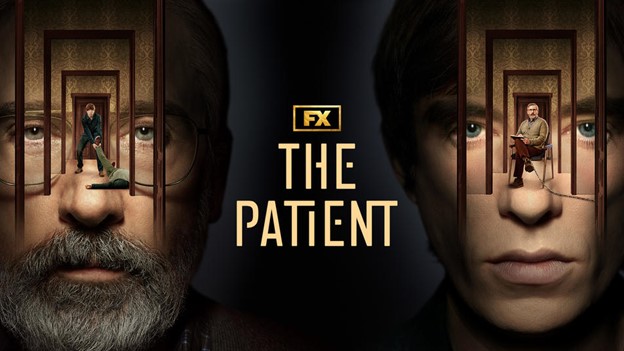
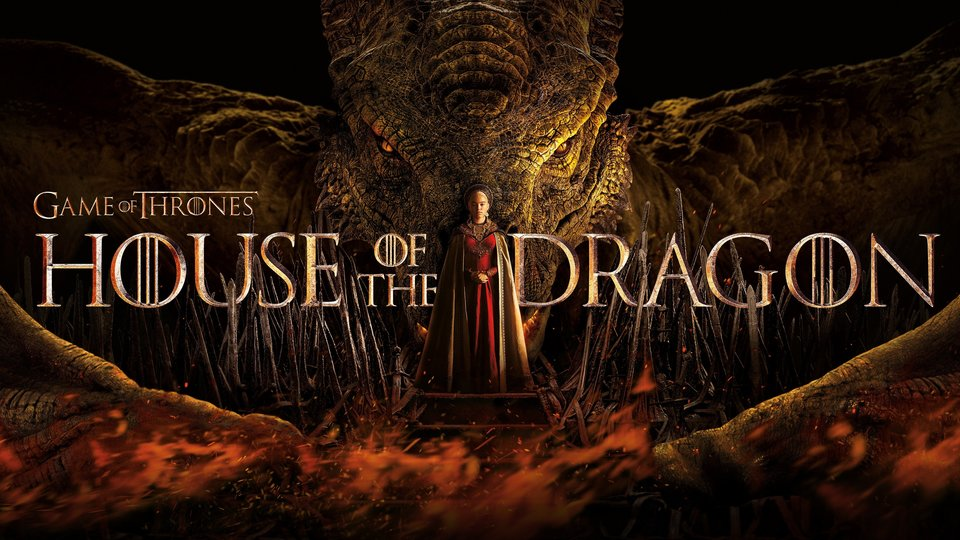
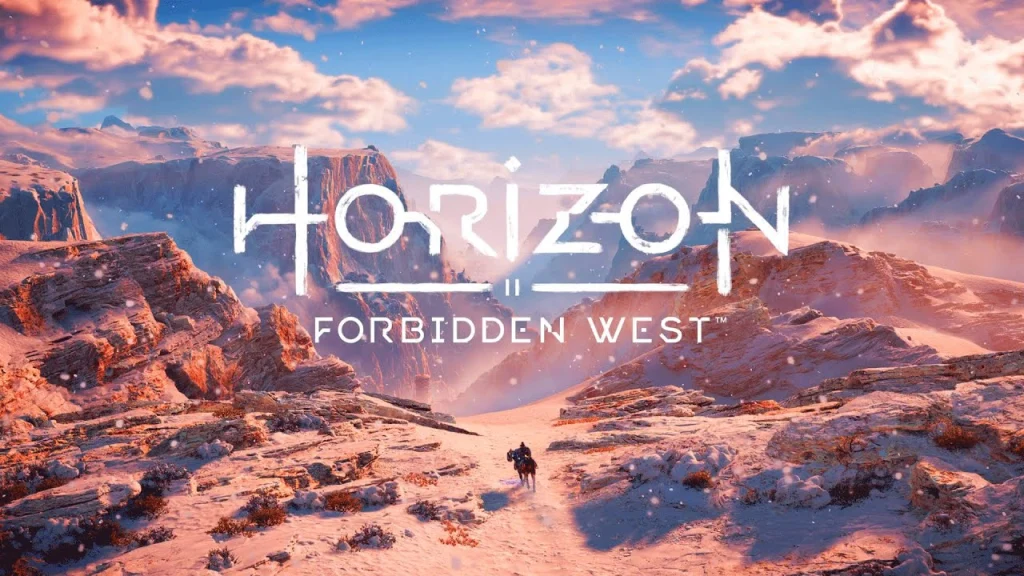

Leave a reply to John Stevenson Cancel reply